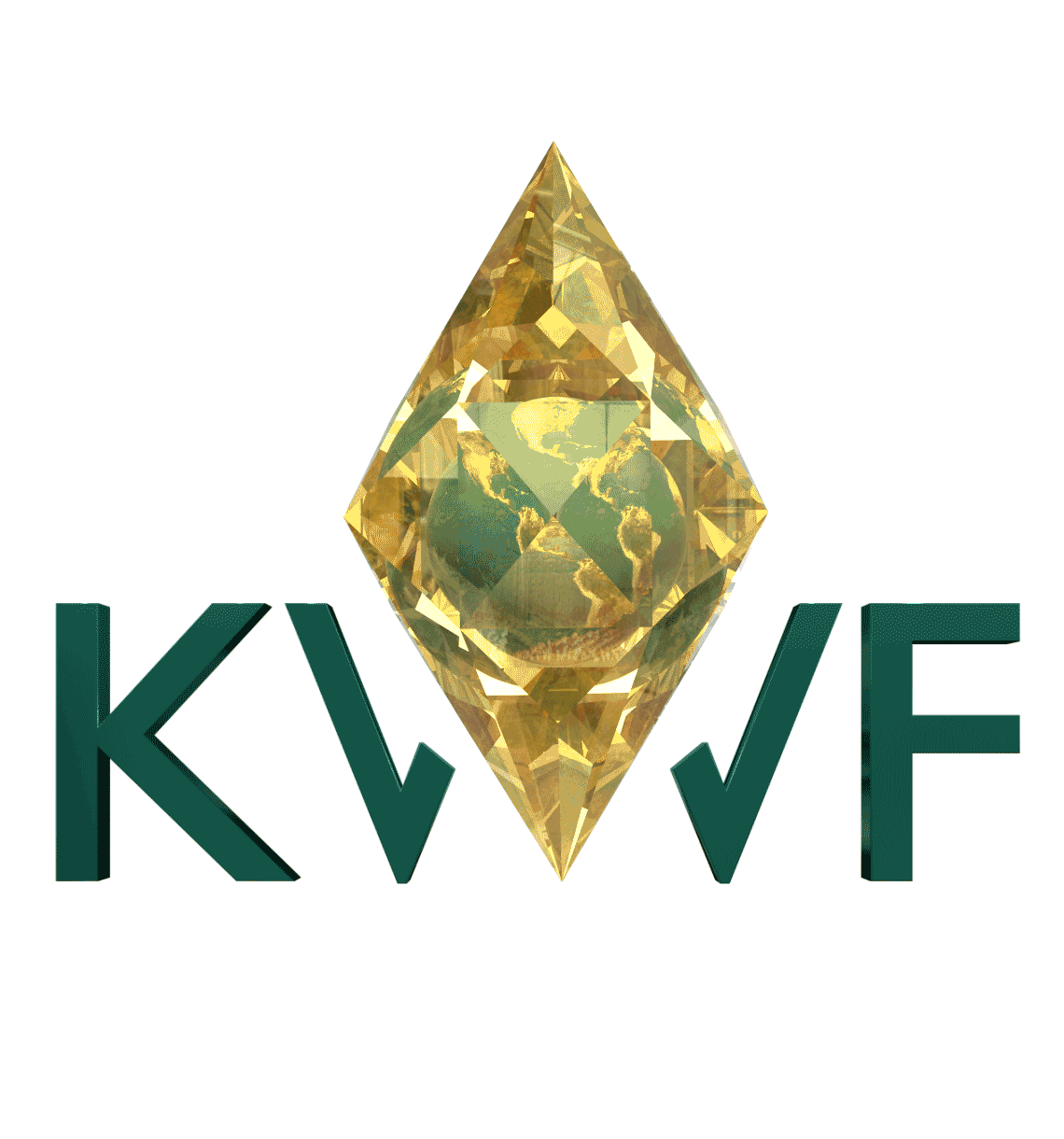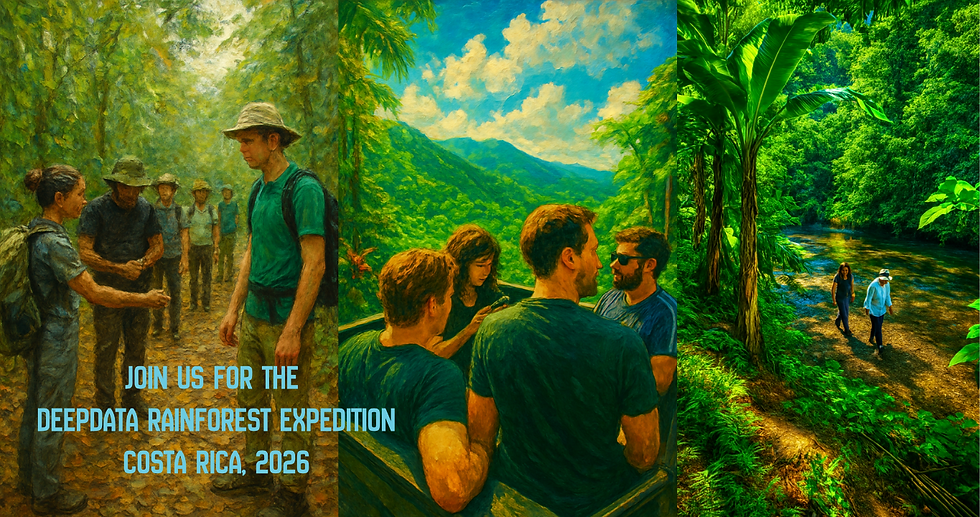Interview with an Ex-Poacher, Rwanda
- Kashmir World Foundation

- Oct 24, 2014
- 4 min read
by Lisa Jorgensen, Lead Wildlife Researcher with KwF
Interview conducted and translated by Greg, with Amahoro Tours

The Nature of Poaching: Why Do Poachers Poach?
Q: How old are you now and how old were you when you were introduced to poaching?
A: I am 42 years old, when I started poaching I was 16 years old.
Q: How were you introduced to poaching?
A: Due to poverty as a young man, it was the way our fathers and their fathers earned a living, that’s how I was introduced.
Q: What level of education do you have currently?
A: Church school is all I could get for free, so that’s where I learned how to read and write, and as years went on I got exposed and went to the school of life, and after poaching I went to adult school, where I advanced.
Q: Tell me about the community in which you lived before poaching and now.
A: I lived close to the forest whereby the men did poaching as a way of earning a living, and women stayed home. Now I got an opportunity as a driver-guide.
Q: How do you feel about the animals you poach(ed)?
A: I am not proud of what I did, and there is no day that passes by when I don’t think about them, but it was the only means of survival that I ever knew, and when I learned better I stopped.
Q: Do you view them as sentient beings?
A: Yes, I do, that’s why I stopped what I was doing.
Q: Approximately how many animals have you poached?
A: Truth is, I never really counted because it wasn’t right to count them.
Q: What types of animals do/did you poach?
A: We did poach anything that we could feed on, antelopes, buffaloes.
Q: Do/did you enjoy poaching?
A: It was hunger that made us poach, so we didn’t really enjoy it.
Q: Do you have other employment?
A :Yes I do, when it’s a high season of tourists coming to Rwanda, I am a driver guide. Then other times, I am a guide part-time.
Q: Would you still poach if you were able to gain legal employment?
A: No if I got a permanent job, I would never think about poaching.
Q: What would have to happen in order for you to stop poaching?
A: All I ask for is a skill, not just for, but all those that we did poaching together.
Q: Do you engage in any other illegal trade?
A: No.
Q: Explain your ideal lifestyle.
A: I am a humble African man who feels connected to the forest and all I do, and aspire for I always make the forest and all its beings are part of it.
Q: (If you are a current poacher, what would be your next move if the animals you poach become extinct?
A: Currently am not a poacher, and believe I will not be one at all.
Q: How do you feel about conservationists and authority figures trying to end poaching?
A: I respect their job, but the only problem I have with them is if only they had an alternative for us because all we have ever known and earned a living from is poaching. I was among the lucky ones, to get something to do, and stop poaching now I want this for my friends and brothers.
Q: Do you think they will succeed?Why/why not?
A: Yes, if they get other alternatives for these poachers, to learn different skills in life. Then they will succeed. If not they won't, because these people need to live.
Q: What should conservationists focus on the most to reduce and end poaching?
A: They need to focus on teaching different skills, getting them something else to do, other than poaching.
Q: Anything you would like to add?
A: I have been lucky, and learned from a community tour company (Amahoro Tours) , how to be a driver-guide, and wish this for my fellows. I wish and hope that someday, we will all have something different to do. And grow together.
Special thanks to Greg for conducting and translating this interview.

About Greg
In the past years, Greg has gained experience as a Rwandan tour organiser and guide for various international tour operators. His professionalism and sincerity as well as his exceptional understanding of the needs and desires of international visitors have gained him renown among clients, and respect among the members of local communities.
He is co-founder and president of the Ruhengeri Community.
Eco-Tourism Association, a local association of partners in tourism development in Rwanda. For the services offered by Amahoro Tours, he can fall back on his numerous contacts in the area, thereby guaranteeing the best possible visitor experience and the most possible benefit for the local people.
Greg works with an experienced and highly motivated local staff team responsible for client contacts, as well as tour development and facilitation.
#lisajorgenson #amahorotours #rwanda #wildlife #poachers #poaching #rangers





Comments